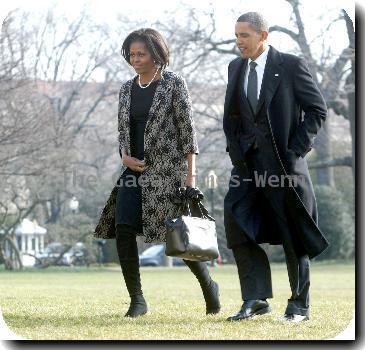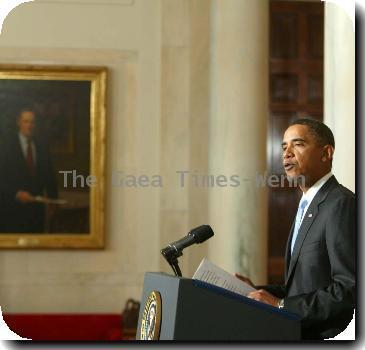NATO says change in top commander for Afghanistan is not slowing operations
By Rahim Faiez, APSunday, June 27, 2010
NATO: Afghan on track despite commander change
KABUL, Afghanistan — The NATO-led command stressed Sunday that military operations to secure vast areas of Afghanistan would not be delayed by the ouster of its top commander and mounting casualties.
NATO and U.S. forces are continuing their work as they await the arrival of new commander Gen. David Petraeus. He is taking over from Gen. Stanley McChrystal, who was dismissed by President Barack Obama after he and his aides were quoted in Rolling Stone magazine making disparaging remarks about top Obama administration officials.
There has been concern that the leadership shake-up will further slow a push into the volatile south that has already been delayed by weeks in some areas and months in others. But NATO spokesman Brig. Gen. Josef Blotz told reporters in Kabul that the worries are unwarranted and the military is not pausing because of the changes.
“We will not miss a beat in our operations to expand security here in Afghanistan,” Blotz said. He added that Petraeus was expected in Kabul in the next seven to 10 days.
The spokesman repeated assurances of many diplomats in recent days that the change in commanders does not mean a re-evaluation of counterinsurgency strategy that McChrystal implemented last year.
The top American military officer, Adm. Mike Mullen, flew to Afghanistan on Saturday to assure President Hamid Karzai that Petraeus would pursue the policies of his predecessor, including efforts to reduce civilian casualties.
Despite those assurances that the war is on track, the chairman of the Senate Armed Services Committee said the U.S.-led operation in the Taliban southern stronghold of Kandahar shouldn’t move forward until more Afghan security forces can move into the city.
Sen. Carl Levin said on CBS’ “Face the Nation” that there are fewer than 9,000 Afghan troops operating in and around Kandahar, the largest city in the south. U.S. commanders had hoped to finish the Kandahar operation in August, but have now acknowledged it will continue into the fall, in part because of public opposition to the increased military activity.
Operations appear to be continuing apace, according to NATO statements. Two recent air strikes in the north, east and south killed at least nine militants, including two local Taliban commanders, NATO and Afghan officials said. No civilians were injured, NATO said.
Eight other militants were killed in a NATO-Afghan military operation in eastern Ghazni province, according to Gen. Khail Buz Sherzai, the provincial police chief.
NATO deaths also are climbing daily. A U.S. service member was killed in a bomb attack in the south and two others in a firefight in the east on Sunday, said Col. Wayne Shanks, a U.S. forces spokesman.
June has become the deadliest month of the war for NATO troops with at least 93 killed, 56 of them American. For U.S. troops, the deadliest month was October 2009, with a toll of 59 dead.
Blotz said the deaths do show that the fight is getting harder in Afghanistan, but said that does not affect NATO’s resolve.
“We are in the arena. There is no way out now. We have to stay on. We have to fight this campaign,” he said.
Blotz said about 130 middle- to senior-level Taliban insurgents have been killed or captured in the past four months.
But Taliban attacks against those allied with the government or NATO forces have also surged. In the latest such violence, the headmaster of a high school in eastern Ghazni was beheaded by militants on Saturday, the Education Ministry said. A high school in the same district — Qarabagh — was set on fire the same day.
In southern Zabul province Sunday, a roadside bomb attack on a private security company vehicle killed two of those inside and injured three, according to the provincial spokesman, Mohammad Jan Rasoolyar.
Tags: Afghanistan, As-afghanistan, Asia, Barack Obama, Bombings, Central Asia, Kabul, Kandahar, North America, United States







